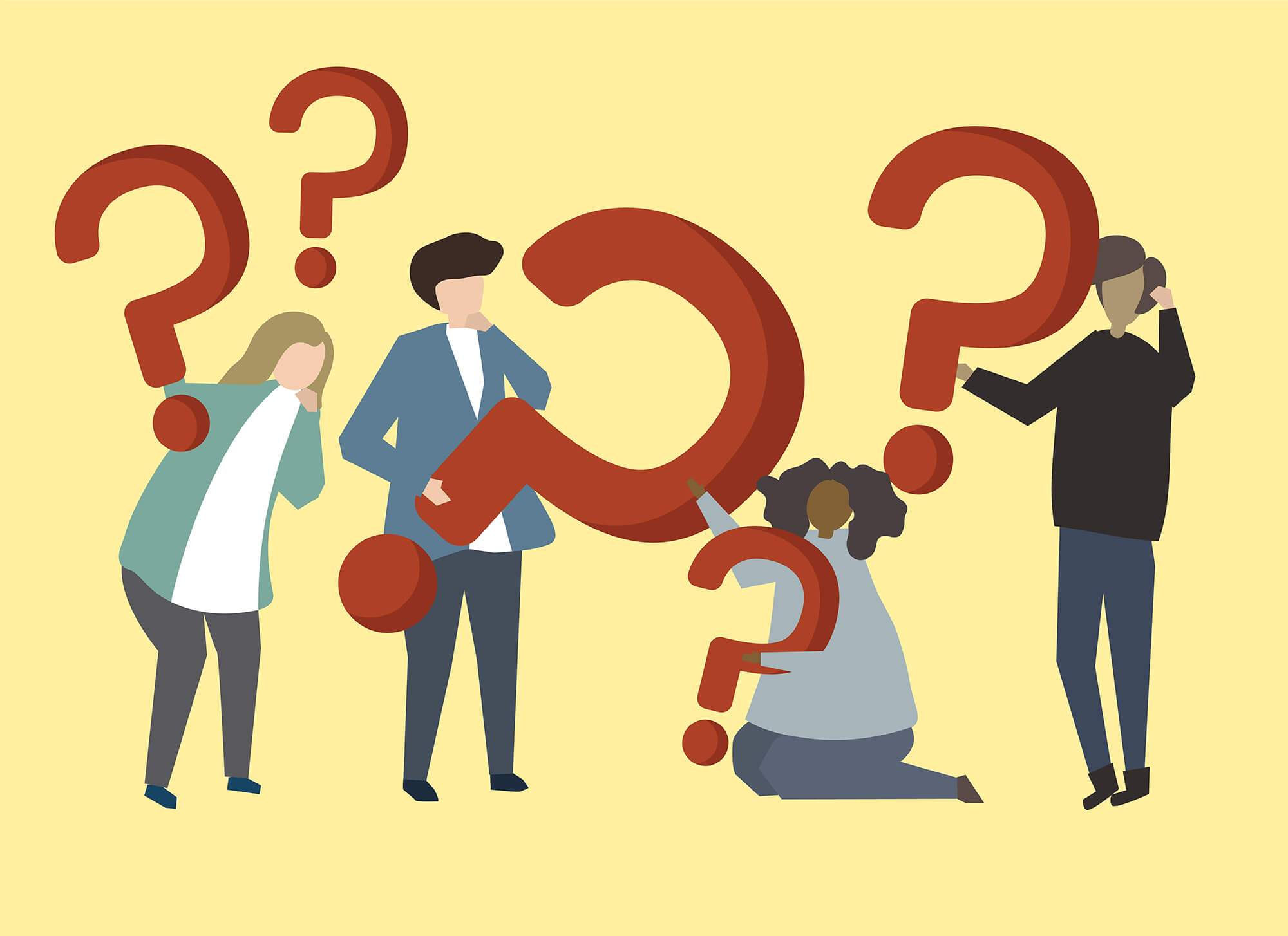Snoring’s Toll on Mental Health

Introduction
What are the negative effects of snoring? Does snoring affect the brain and our mental health?
Most people who experience poor sleep report that it affects their mood, but does it also affect mental health? Answer: Yes, it does.
Sleep is closely connected to our mental and emotional health and has been linked to mental conditions including anxiety, bipolar disorder, and depression.
Mental health disorders often make sleeping harder. In the same sense, lack of sleep, such as insomnia, is a contributing factor to mental health issues. Improving sleep can have a strong impact on mental health.
Your brain on sleep
There are two forms of sleep: rapid-eye-movement (REM) sleep and non-REM sleep (NREM). Most know REM sleep as the kind of deep sleep needed to recharge, but that’s not always the case. Ideally, non-REM slow-wave sleep reduces your anxiety the most. This occurs in non-REM stages of your sleep, when your brain waves slow and your heart rate reaches its lowest point possible.
Each stage during sleep plays a role in brain health, allowing activity in different parts of the brain to properly accelerate or decrease, which enables clearer thinking, learning, and the ability to strengthen memory.
Sufficient sleep, notably REM sleep, facilitates what information the brain processes. When you sleep the brain works to evaluate and remember. When you don’t get enough sleep, it can influence your mood and emotional reactivity.
Sleep disorders and mental health
Obstructive sleep apnea (OSA) is a sleep disorder that has been linked to mental health.
OSA occurs when there is a pause in breathing during sleep that reduces the body’s oxygen levels. OSA tends to occur more frequently in people with psychiatric conditions and can heighten mental distress.
Snoring is a symptom of obstructive sleep apnea. People with a family history of sleep apnea who are overweight and suffer from diabetes or high blood pressure are more susceptible to developing obstructive sleep apnea.
How Is Mental Health Related to Sleep?
Brain activity fluctuates during sleep, increasing and decreasing during different sleep stages that make up the sleep cycle.
- In NREM (non-rapid eye movement) sleep, overall brain activity slows, but there are quick bursts of energy.
- In REM sleep, brain activity picks up rapidly, which is why this stage is associated with more intense dreaming.
Each stage plays a role in brain health, allowing activity in different parts of the brain to ramp up or down and enabling better thinking, learning, and memory. Research has also uncovered that brain activity during sleep has profound effects on emotional and mental health.
Sufficient sleep, especially REM sleep, facilitates the brain’s processing of emotional information. During sleep, the brain works to evaluate and remember thoughts and memories, and it appears that a lack of sleep is especially harmful to the consolidation of positive emotional content. This can influence mood and emotional reactivity and is tied to mental health disorders and their severity, including the risk of suicidal ideas or behaviors.
Although further research is needed to identify the diverse connections between sleep and mental health, the existing evidence demonstrates that there is a multifaceted relationship that can be influenced by numerous factors in any specific person’s case.
Read More: Check out Feeling Anxious? Improve Your Sleep to Decrease Your Stress
Sleep and Specific Mental Health Problems
Sleep deficiency has been linked to depression, anxiety, and mental distress. Other risks of chronic poor sleep include hallucinations, impulsive behavior, paranoia, and suicidal thoughts.
The way that sleep and mental health are intertwined becomes even more apparent when we take a look at what is known about how sleep’s connection to a number of specific mental health conditions and neurodevelopmental disorders.
Depression
It is estimated that more than 300 million people worldwide have depression. Around 75% of depressed people show symptoms of insomnia.
Often, people with depression also suffer from excessive sleepiness during the day. In the past, sleep problems were seen as a result of depression, but it’s now suggested that poor sleep may induce or worsen depression. In that case, can snoring cause depression? Well, snoring certainly impacts sleep quality. So, finding answers to how to stop snoring or trying snoring solutions is one piece of the mental health puzzle you can solve. Remember though that the best snoring solutions are not applicable for everyone and remedies can vary from person to person.
Bipolar Disorder
Bipolar disorder involves periods of extreme moods that can be both high (mania) and very low (depression). A person’s feelings and symptoms are quite different depending on the type of episode; however, both manic and depressive periods may cause major impairment in daily life.
People with bipolar disorder often see their sleep patterns change, depending on their emotional state. During manic periods, they usually feel less need to sleep, but during depressed periods, they can experience extreme sleepiness. Sleep disruptions often continue when a person is between their manic and depressive episodes.
Many people with bipolar disorder experience changes in their sleep patterns before the onset of an episode. There is also evidence that sleeping problems induce or worsen manic and depressive periods and that, because of the relationship between bipolar disorder and sleep, treating insomnia can reduce the impact of bipolar disorder.
Learn more: Read Stress, Sleep and Snoring: A Vicious Cycle
A solution if snoring is the problem
How to stop snoring is a simple question with answers that differ for each person and their unique needs.
If you find yourself snoring and it’s affecting the quality and amount of sleep you’re getting each night and impacting your mood, try our ZQuiet 2-Size Comfort System anti-snoring mouthpiece. It could be the first step on the road to better sleep and improved mental health.


